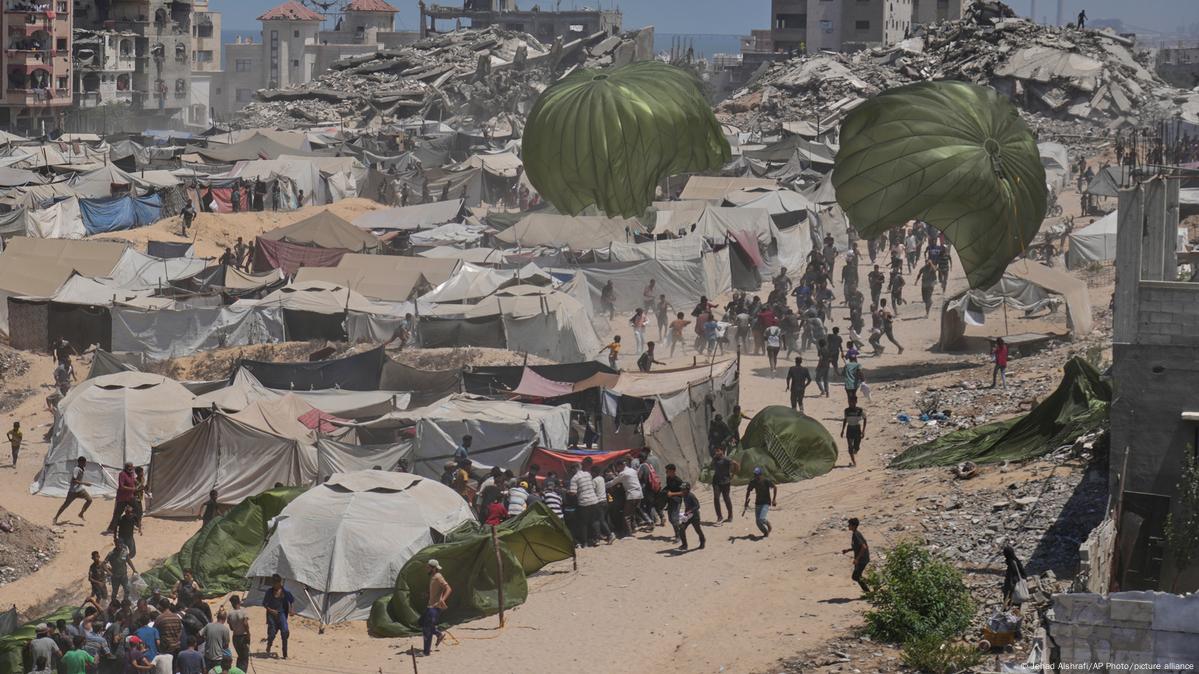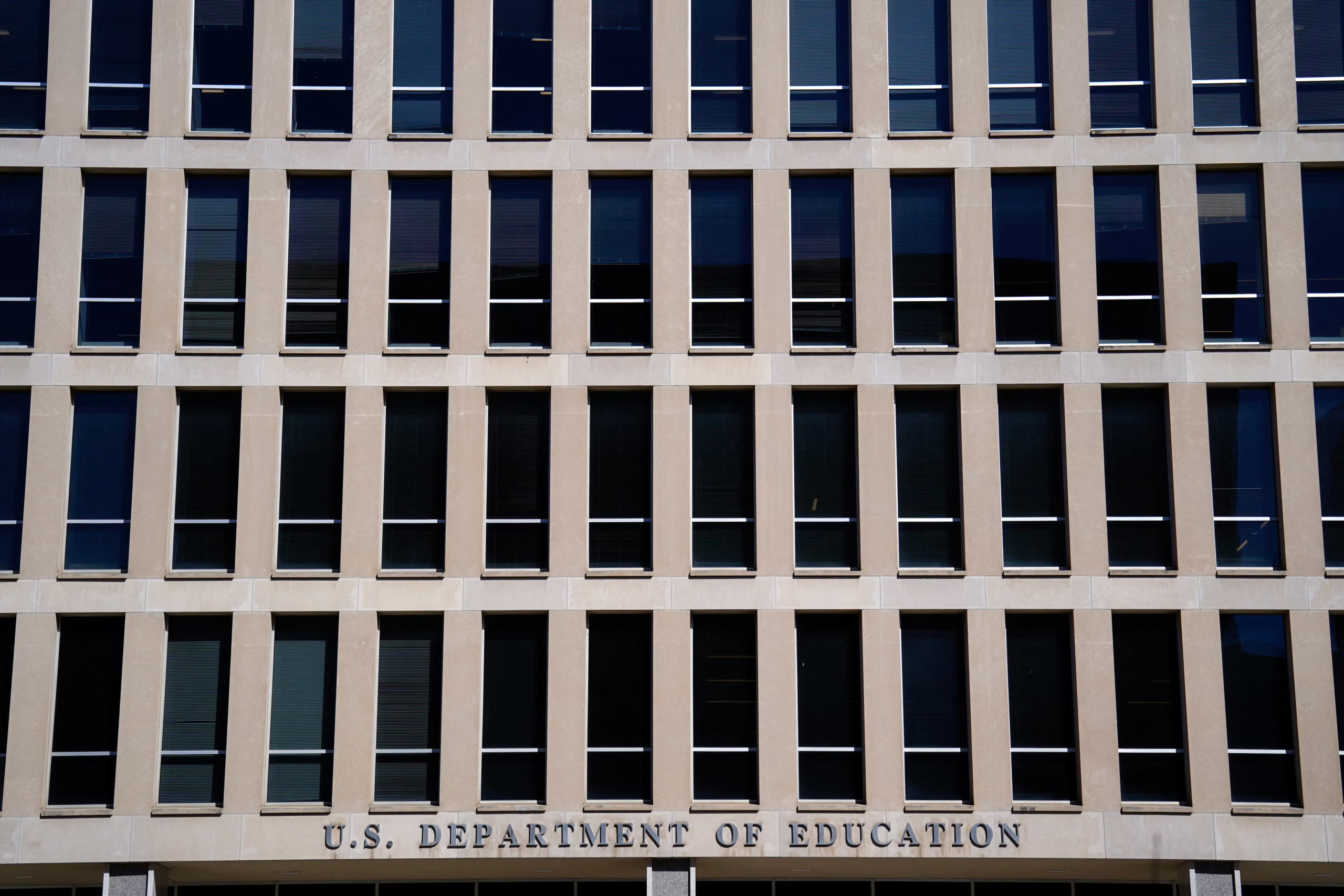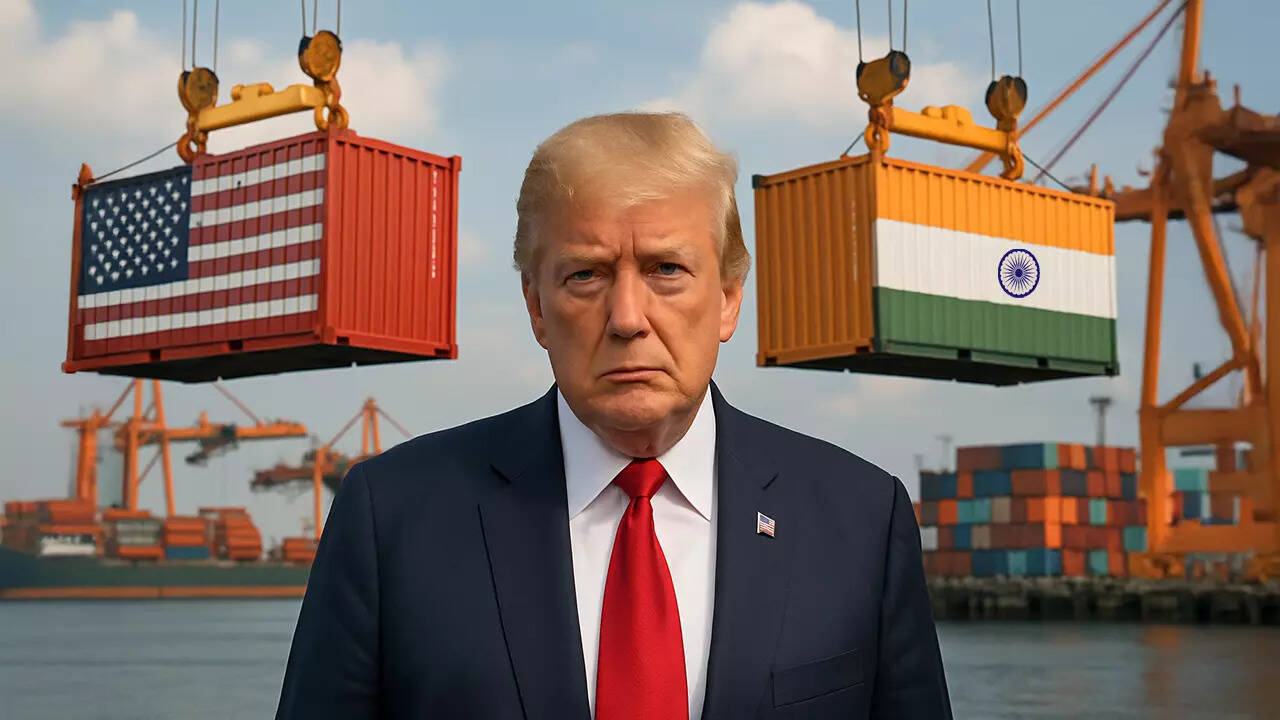
The recent decision by the Israeli Security Cabinet to approve the strategic plan to take control of Gaza City marks a significant and alarming escalation in the ongoing Israeli-Palestinian conflict. With tensions reaching a boiling point, the move is seen by many as an irreversible step toward a broader military intervention. This development underlines the increasing complexity of the conflict, raising concerns about potential humanitarian crises, regional stability, and international response.
The Decision: Details and Implications
What Was Announced?
The Israeli government, under the leadership of Prime Minister Benjamin Netanyahu, announced plans to fully occupy Gaza City as part of a comprehensive military strategy. The decision, backed by the Security Cabinet, aims to dismantle militant infrastructures and counteract threats posed by groups like Hamas. This move signifies a departure from previous tactics, emphasizing a more aggressive, ground-level operation designed to establish control over one of the most densely populated urban centers in the region.
Official Statements and Rationale
Officials have stated that the operation is necessary to neutralize security threats and safeguard Israeli citizens. Netanyahu and other senior leaders have emphasized that this is a strategic response to recent rocket attacks and ongoing hostilities. The rationale underscores a desire for long-term security, but critics warn that such an approach could lead to prolonged conflict and civilian suffering.
Escalation of Military Action: A Broader Context
-
- Netanyahu’s Announcements: Marking Another Escalation
The Israeli Prime Minister’s announcements have been unequivocal in signaling an escalation. He has publicly declared plans to take control of Gaza City, emphasizing the military’s readiness to expand operations. This decision follows a pattern of successive military strikes aimed at degrading militant capabilities, but the focus now shifts toward establishing a tangible, lasting presence in Gaza.
-
- Full Military Takeover Clearly Outlined
Multiple sources, including major international outlets like The New York Times and The Guardian, report that the cabinet has approved a full-scale military occupation of Gaza. This is a move that could alter the dynamics of the conflict, potentially requiring extensive troop deployment and sustained military presence.
-
- Potential Humanitarian and Regional Consequences
The anticipated humanitarian fallout is significant. A full occupation could displace thousands of civilians, cause collateral damage, and trigger an outpouring of refugee movements. Regional stability is also at risk, as neighboring countries may be compelled to respond or be drawn into the conflict.
Historical Context and Previous Escalations
Historically, Israeli operations in Gaza have oscillated between targeted military strikes and broader invasions. The 2008-2009 Gaza War (Operation Cast Lead), the 2014 escalation, and the recent flare-ups have demonstrated the volatile nature of military interventions in the region. What distinguishes the current situation is the explicit move towards a sustained, city-wide military occupation, which could set the stage for a prolonged and more destructive conflict.
International Reactions and the Global Response
The international community has expressed concern over Israel’s plans. Governments and humanitarian organizations worldwide urge caution, emphasizing the importance of protecting civilian lives and adhering to international law. Many countries call for diplomatic solutions and condemn any actions that could lead to mass displacement or violations of human rights.
- Some nations have called for restraint, emphasizing the need to avoid further escalation.
- Others worry about the implications for regional stability, fearing a broader conflict involving neighboring countries.
- Human rights groups have condemned the potential for widespread civilian suffering, urging Israel to reconsider strategies that could lead to humanitarian crises.
The Likely Military Strategy and Challenges Ahead
Operational Planning and Troop Deployment
The military plan involves rapid mobilization of ground forces, intelligence operations, and possibly prolonged urban combat. Gaza’s dense urban landscape presents significant challenges for conventional military tactics, increasing the risk to both Israeli soldiers and civilian populations.
Humanitarian Concerns and Civilian Impact
The takeover is anticipated to cause considerable civilian hardship. Humanitarian agencies warn of potential shortages of supplies, hospitals overwhelmed with casualties, and displacement of thousands. The risk of human rights violations and civilian casualties is high, as urban warfare often complicates distinguishing combatants from civilians.
Regional and International Ramifications
Beyond the immediate conflict zone, neighboring countries and global powers are closely monitoring developments. An escalation like this could destabilize the region, provoke responses from groups sympathetic to Palestinians, and increase refugee flows. It also raises questions about the durability of ceasefires and peace negotiations.
Looking Forward: What Could Come Next?
While Israel’s decision signals a firm stance, the actual execution of this plan could encounter various obstacles. These include fierce resistance from militants, international diplomatic pressures, and internal debates about the humanitarian fallout. The possibility of a prolonged occupation raises concerns about insurgency, guerrilla warfare, and an entrenched conflict that could last for years.
Furthermore, the geopolitical environment, including relations with neighboring countries and superpowers like the United States and regional actors, will influence the trajectory of this escalation. The risk of wider regional conflict cannot be ignored, as other actors may intervene or escalate their own activities in response.
Conclusion: A Pivotal Moment with Lasting Implications
The Israeli Security Cabinet’s endorsement of a Gaza City takeover reflects a significant escalation in their military strategy. What began as targeted operations could now transform into an extensive occupation, with profound humanitarian, regional, and international consequences. The coming days and weeks are critical in determining whether diplomatic channels can still de-escalate tensions or if a prolonged and devastating conflict lies ahead.
As the situation unfolds, it is imperative for the global community to stand vigilant and advocate for solutions that prioritize peace, stability, and human rights. The decision by Israel signals a turning point and an urgent call for diplomatic engagement to prevent further suffering and to seek lasting peace in the region.
Stay Informed
For more updated news please keep visiting Prime News World.








